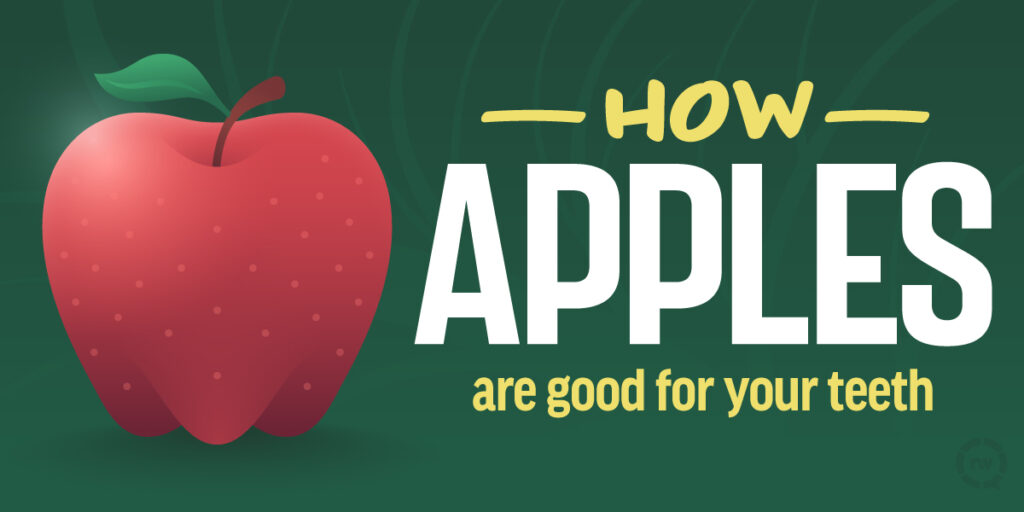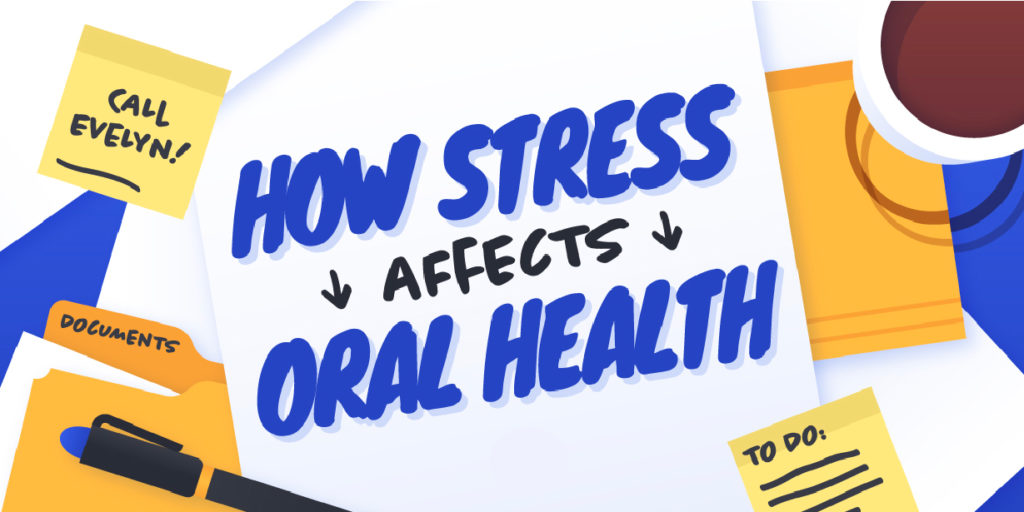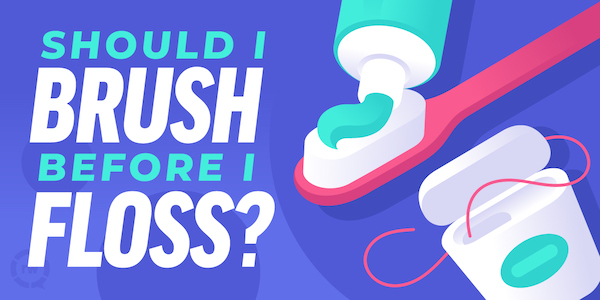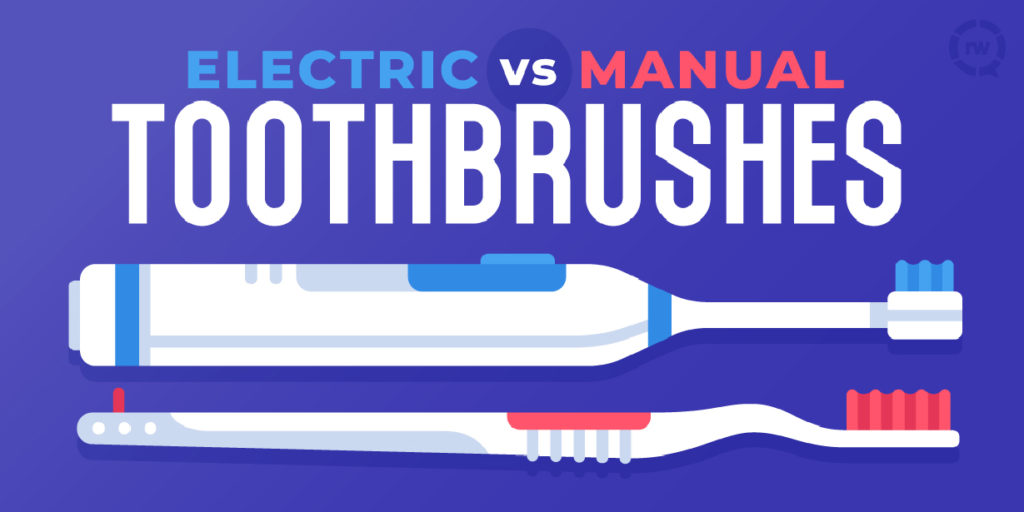How Apples are Good for Your Teeth
February 7th, 2019
[caption id="attachment_687" align="alignleft" width="640"] How Apples are Good for Your Teeth[/caption]
How Apples are Good for Your Teeth[/caption]
People have been asserting that “an apple a day keeps the doctor away” since the 19th century. While it may not necessarily be true that those who eat apples never have to see a doctor, apples certainly have great health benefits for our bodies! It’s widely thought that chewing a crisp, fresh apple can help brush away plaque on our teeth. We’re not too sure on this one, as some studies show a higher plaque content on teeth after eating an apple. Did you know they can even be good for our teeth? Let’s take a look at what the research says …
What are Polyphenols?
At the same time, there is evidence to suggest some polyphenols in apples can lower the ability of cavity-causing bacteria to adhere to teeth. Polyphenols contain micronutrients that are beneficial to the body. These molecules are related to antioxidants, which fight against cell damage and promote healthier life. Further, some studies have shown that the antioxidants in apples can help prevent periodontal disease.
Apples even contain a (very) small amount of fluoride. This is worth noting, as fluoride is so important in helping prevent cavities.
Saliva Production Booster
Lastly, the act of chewing an apple stimulates saliva production. Saliva helps wash away food debris and bacteria. Remember, though, apples contain sugar and acid so it’s best not to go overboard with them. You can even swish with water after eating one to wash away some of the sugar left behind.
As the science continues to look into how apples affect our teeth, one thing we know is true: regular dental visits, along with daily tooth brushing and flossing, is your best defense against tooth decay!
All Smiles Pediatric Dentistry
At All Smiles Pediatric Dentistry, we incorporate proven techniques to share with you and your child at each dental checkup visit. Dr. Allen Job and his team are committed to providing the latest in oral health care prevention. For more information about improving your child's oral health check out our preventive dentistry page. Still want more information? Check out our monthly blog posts! Our practice is centrally located in San Diego, CA.
Get acquainted with us by watching our practice video and find out what we do.
Scheduling an appointment for your child is easy! Start here to schedule an appointment. All of our forms are online. Fill them out securely from your smartphone or tablet and hit send. On appointment day, your child will be seen at their scheduled time. For example, if you have a 9:00 AM appointment, your child will be seen at 9:00 AM.
Did you know that if you don't have a toothbrush handy, eating an apple at the end of meal will serve as a toothbrushing "agent." Use this technique if you are in a pinch and have an apple in your lunch.






